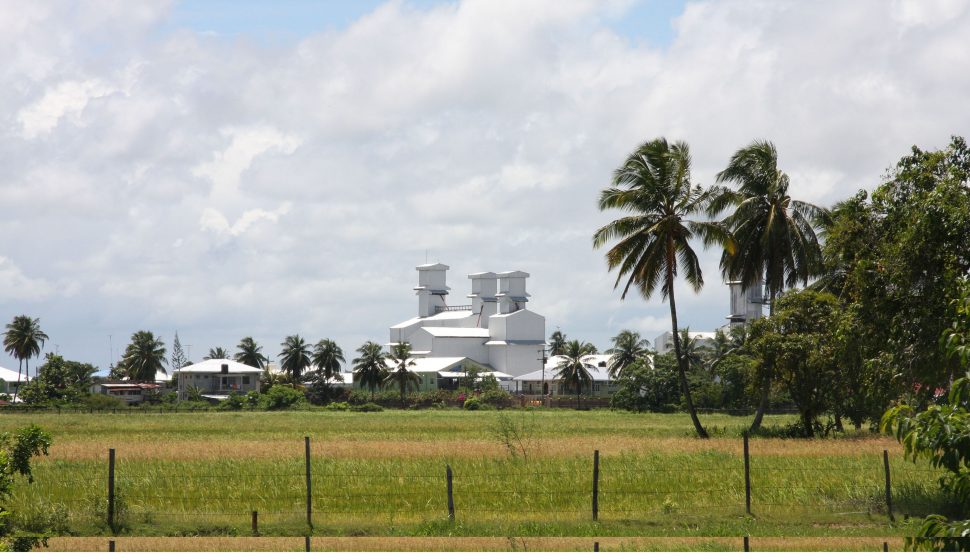Seemingly seeking to heed the persistent warning that Guyana should not allow the advent of oil and gas to result in a neglect, or worse, a wholescale abandonment of those sectors that have historically sustained the country’s economy, the APNU+AFC coalition administration this week used the presentation of its budgetary proposals for 2019 to set out plans for what it says is “production, transformation and agricultural transformation” which, it is envisaged, will coexist with the historic move with the recovery of ‘first oil’ in 2020.
Even as his 2020 budget presentation offered glimpses of some of government’s plans for preparing for the commencement of oil recovery, Finance Minister Winston Jordan insisted that the flow of oil and the early anticipated of returns therefrom notwithstanding, traditional agriculture “will continue to be one of the main pillars of our economic development,” a pronouncement intended to provide some measure of assurance to both food safety advocates and investors in the sector, even as the nation, understandably, drifts into fantasy over the fast approaching advent of ‘first oil.’
Going forward, however, Jordan told the nation that more than half a century of overwhelming reliance on “a limited range of primary products” will be replaced with the opening of new frontiers for “plantation agriculture,” with a particular focus on crops such as corn, soya, quinoa, orchards of fruit and vegetables, livestock and fisheries. The launch of these “new frontiers,” Jordan said, is being supported by a budgetary allocation of $17.1 billion to the agriculture sector next year.

